Anthony Albanese runs serious risk of dividing instead of uniting the nation, warns former Liberal frontbencher Julian Leeser
Liberal MP Julian Leeser says Anthony Albanese’s failure to “seriously engage” with Coalition voters runs the risk of dividing Australians but he promised to try to help put the government’s Indigenous voice model on “surer footing”.
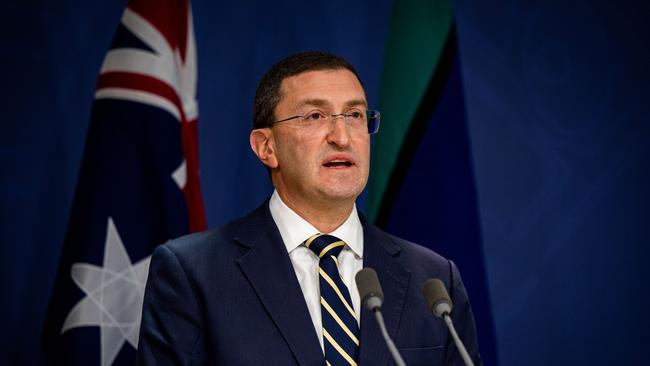
Julian Leeser has issued a stark warning to Anthony Albanese that his government risks dividing the country by failing to “seriously engage” with Coalition voters who want to support an Indigenous voice but have concerns over the model, after he quit the opposition frontbench and vowed to back the Yes campaign during the referendum.
Mr Leeser resigned as opposition legal affairs and Indigenous Australians spokesman on Tuesday and promised to do everything he could to put the Albanese government’s proposed constitutional amendment on a “surer footing” before ultimately campaigning in support of the Yes side.
He declared “the time for the voice has come”.
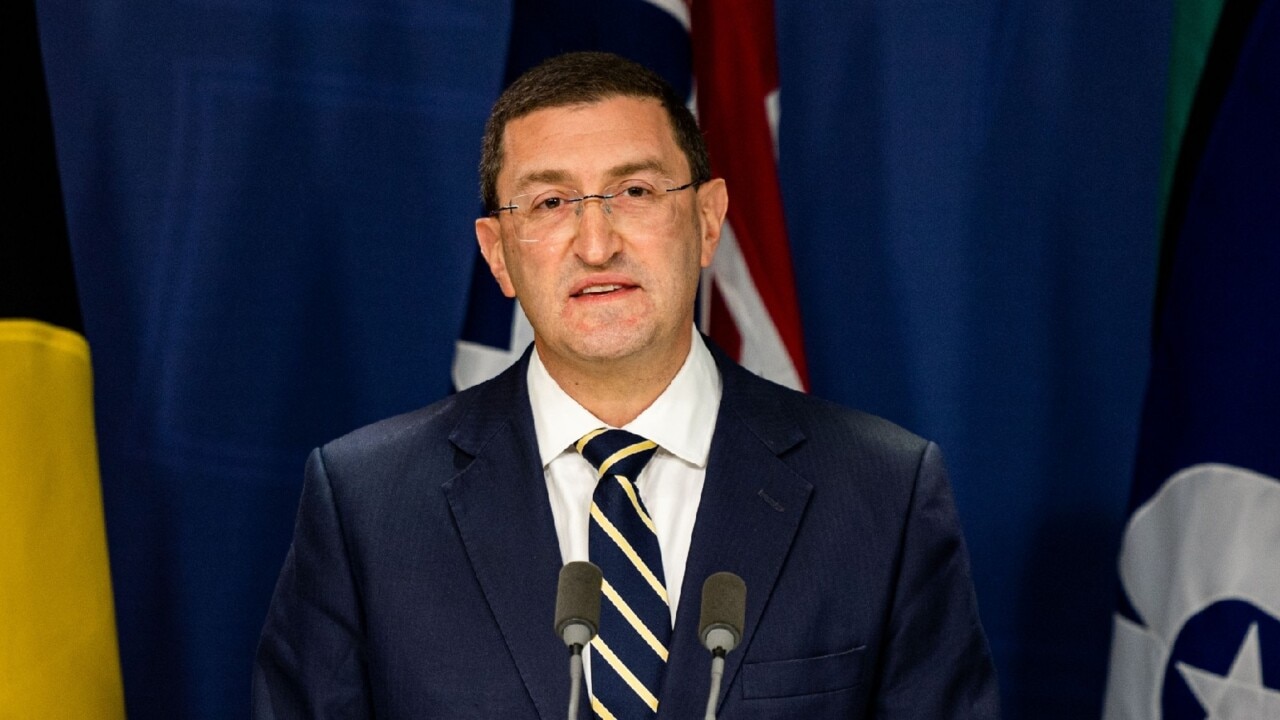
Mr Leeser’s decision to quit the frontbench means Peter Dutton faces a mini-reshuffle within days and growing divisions in his party despite Mr Leeser’s stressing that he had resigned without bitterness and remained loyal to his party and “fully committed to the leadership of Peter Dutton”.
His departure from the frontbench comes just days after former cabinet minister Ken Wyatt quit the party altogether over its stance on the voice and Tasmanian Liberal MP Bridget Archer warned the party was at a crossroads.
“I’m resigning without rancour but on a point of principle,” Mr Leeser said. “What I want to be able to say to my children in the future is that ‘your father stood up for something he believes in’ and that’s really important and that’s what all of us as parliamentarians should do.
“My resignation as a frontbencher is not about personality, it’s about keeping faith with an issue that I have been working on for almost a decade.
“I’ve also tried to keep faith with my Liberal values: my desire to conserve our institutions like the Australian Constitution with my desire to seek better outcomes for Aboriginal and Torres Strait Islander Australians.”
But Mr Leeser warned the Prime Minster: “The risk to our country and the risk to our shared national reconciliation project of failure needs to be recognised by the government. An all-or-nothing approach could deliver nothing. That’s why we must find common ground.”
Indigenous leaders and supporters of the voice hailed Mr Leeser’s decision to resign, saying it showed he put principle ahead of politics, while NSW Liberal senator Andrew Bragg – who backs the idea of the voice – believed a Yes vote was now more likely.
Liberal MPs were dismissive of the prospect of Mr Leeser’s resignation harming Mr Dutton’s leadership, noting an overwhelming majority of the party room backed the position endorsed by the Opposition Leader last Wednesday.
With two senior portfolios needing to be filled, Mr Dutton said he would give “some consideration” to who could replace Mr Leeser over the next few days or week. Northern Territory Country Liberal Party senator Jacinta Nampijinpa Price and South Australian Liberal senator Kerrynne Liddle were flagged by colleagues as two possible contenders to take on the Indigenous Australians portfolio. There was speculation frontbenchers with a legal background – such as Michaelia Cash and Paul Fletcher – could take on legal affairs.
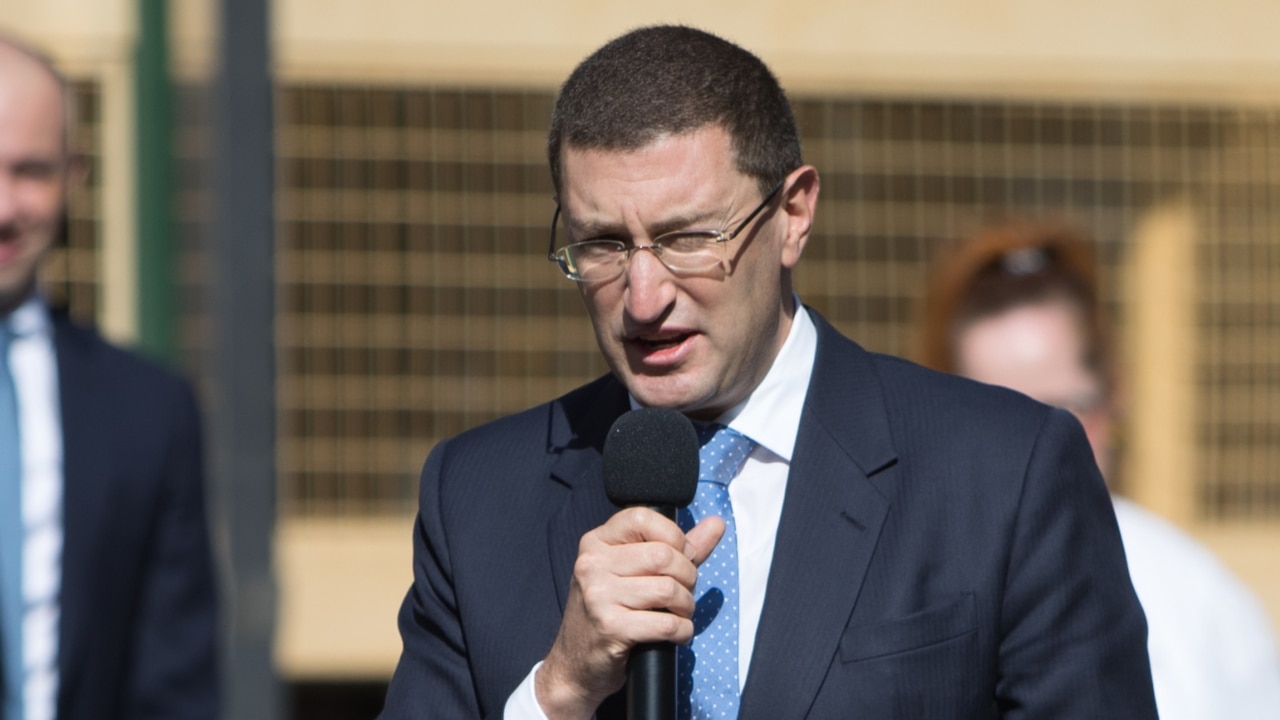
Mr Dutton is due visit Alice Springs on Wednesday after repeatedly calling for a royal commission into the crime wave and “unconscionable” sexual abuse of Indigenous youth in the town. The Opposition Leader said he was “very happy” with his party’s position on the voice and his overarching test was whether a decision or policy was in the country’s best interest.
“After having studied this issue for months and months, after having spoken to literally hundreds of people around the country, after visiting very desperate situations in some regional communities, I do not believe that the Canberra voice is in our country’s best interests,” Mr Dutton said.
“You change the Constitution and you change the country. We live in one of the most stable democracies in the world and the underpinning of that is the Constitution.” ”
Indigenous Australians Minister Linda Burney acknowledged Mr Leeser’s decision to resign would not have been easy but praised him for showing “strength today in putting his principles ahead of politics”. “(Mr Leeser’s) decision reflects his long-held commitment to constitutional recognition through a voice, and an understanding that this year’s referendum is a once-in-a-generation chance to make a real difference in the lives of Aboriginal and Torres Strait Islander people and help close the gap,” Ms Burney said.
“He knows how much work has gone in to getting Australia this far on the journey to reconciliation.”
Indigenous leader Marcia Langton praised Mr Leeser’s integrity for supporting the voice but said his push to alter the referendum question showed he “remains confused”.
The Liberal Party has rejected a national voice enshrined in the Constitution and instead will advocate for legislated regional and local advisory bodies. The party supports constitutional recognition.
The position was reached two days after Mr Leeser put his own model forward, in which a voice would be established in the Constitution but the parliament would have complete say over its scope and functions.
The Australian understands Mr Leeser urged shadow cabinet to put his model to the parliamentary committee scrutinising the government’s referendum question and constitutional amendment, in the hope the process could help move Labor.
He also appealed to senior colleagues not to make a final decision on the voice until after the committee had completed its work and argued everyone in the party – including shadow cabinet ministers – should get a free vote, but was rebuffed.
His model was never taken to the Liberal partyroom, though a commitment to local and regional legislated voices – which formed part of Mr Leeser’s proposal – was adopted.



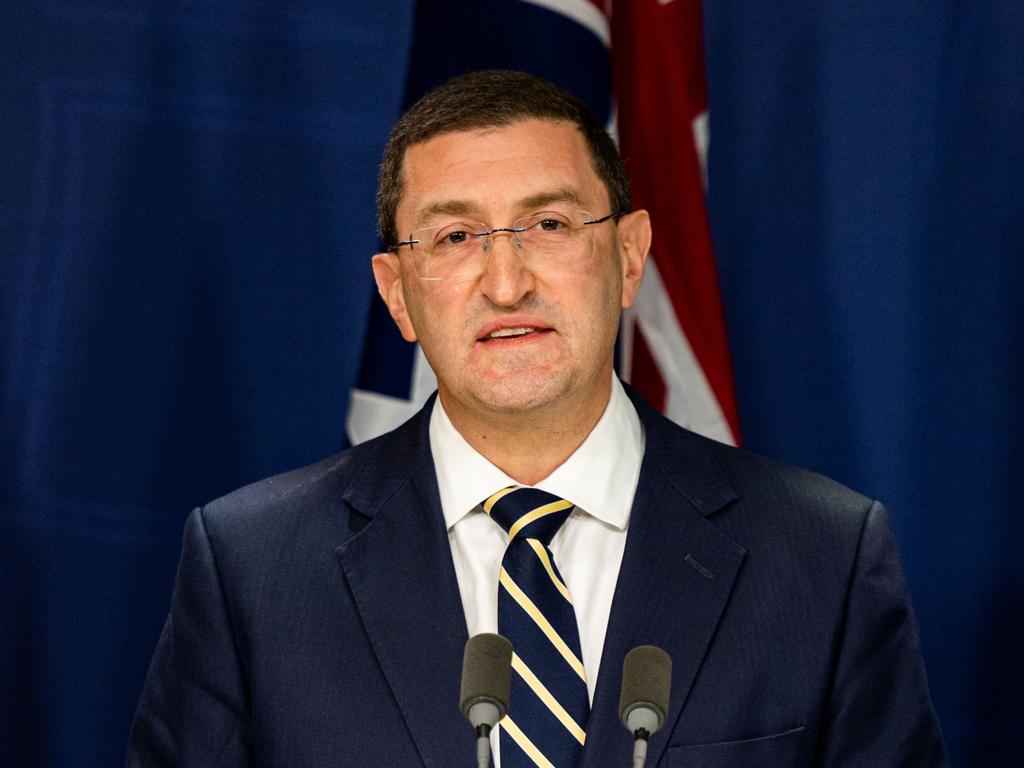

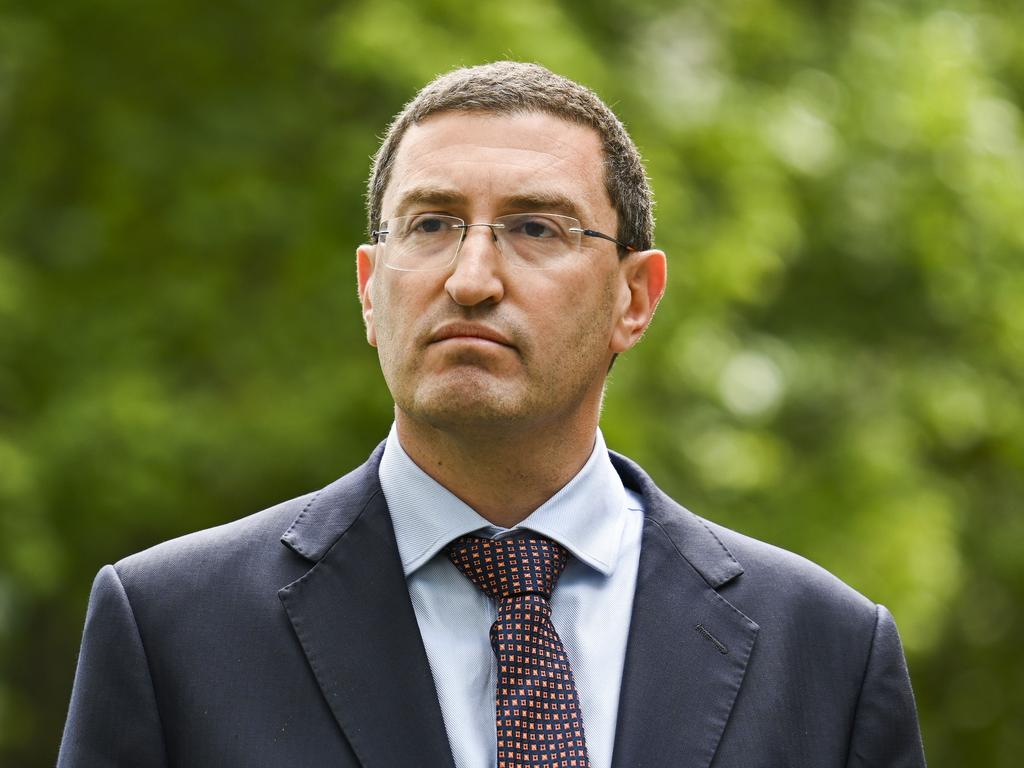

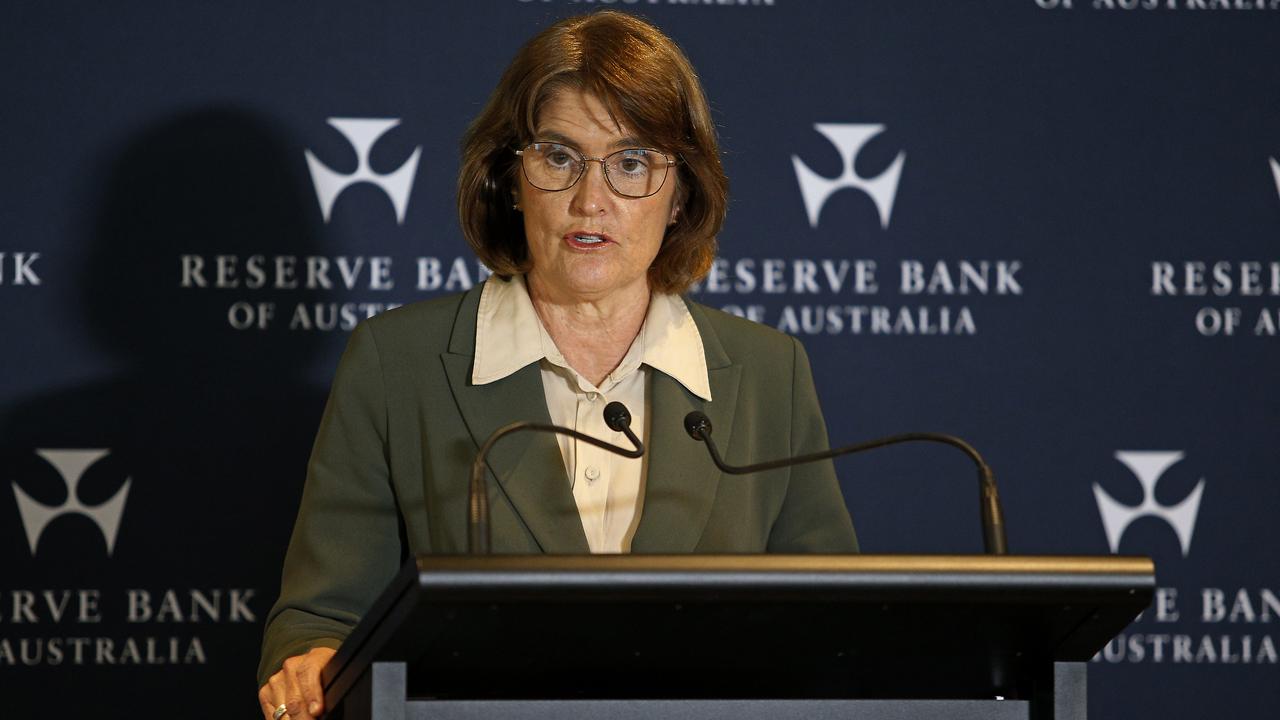
To join the conversation, please log in. Don't have an account? Register
Join the conversation, you are commenting as Logout